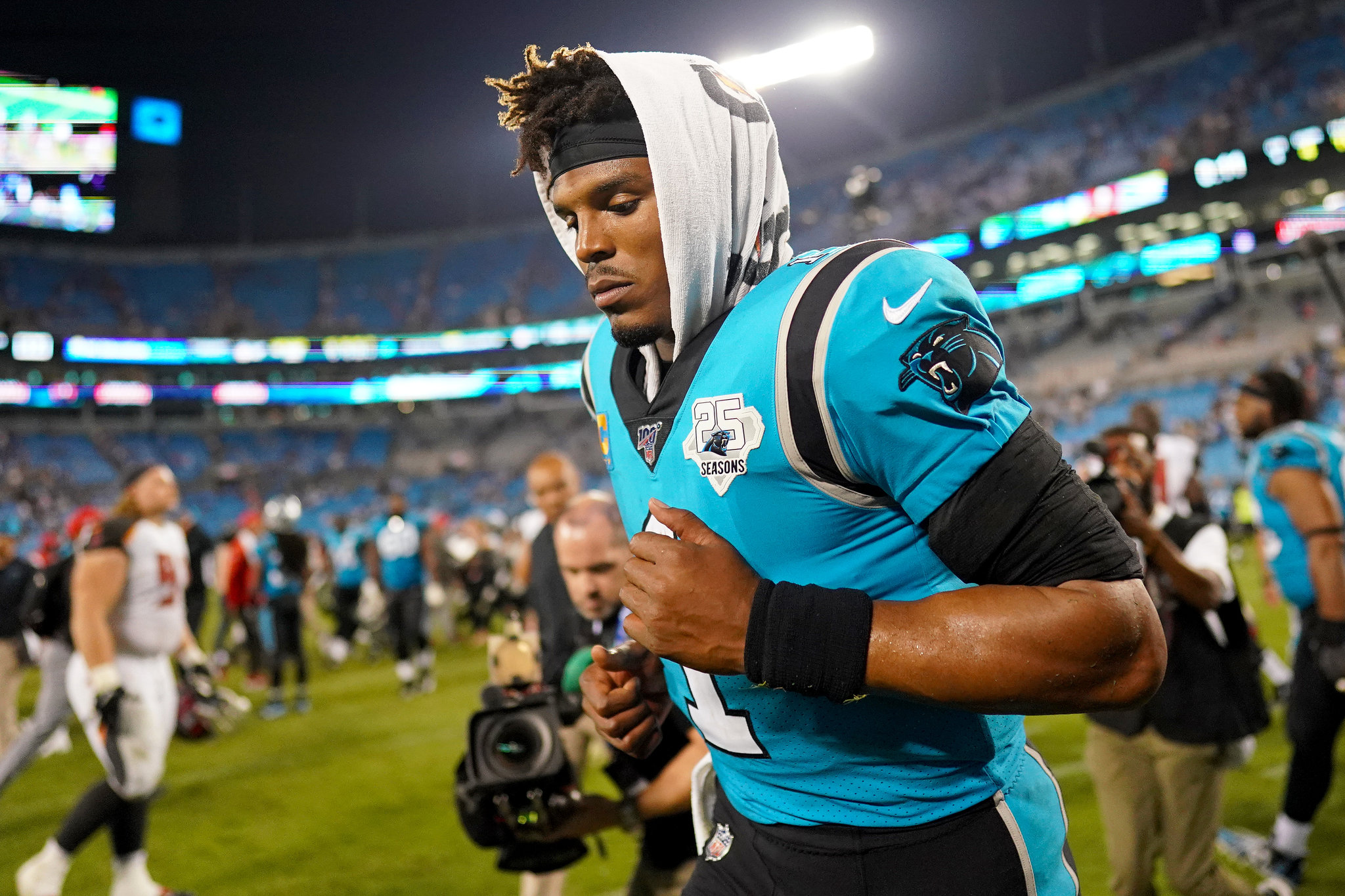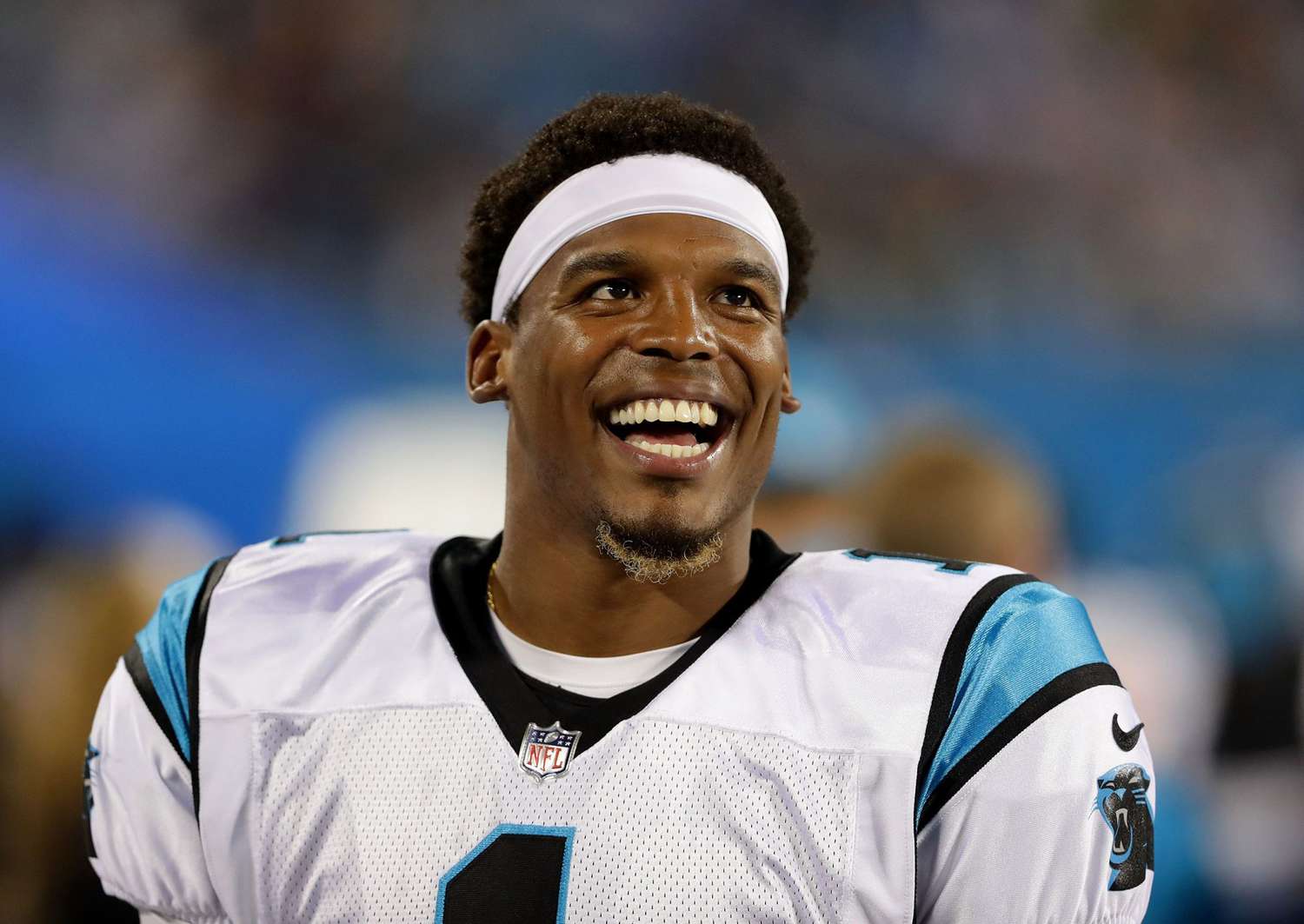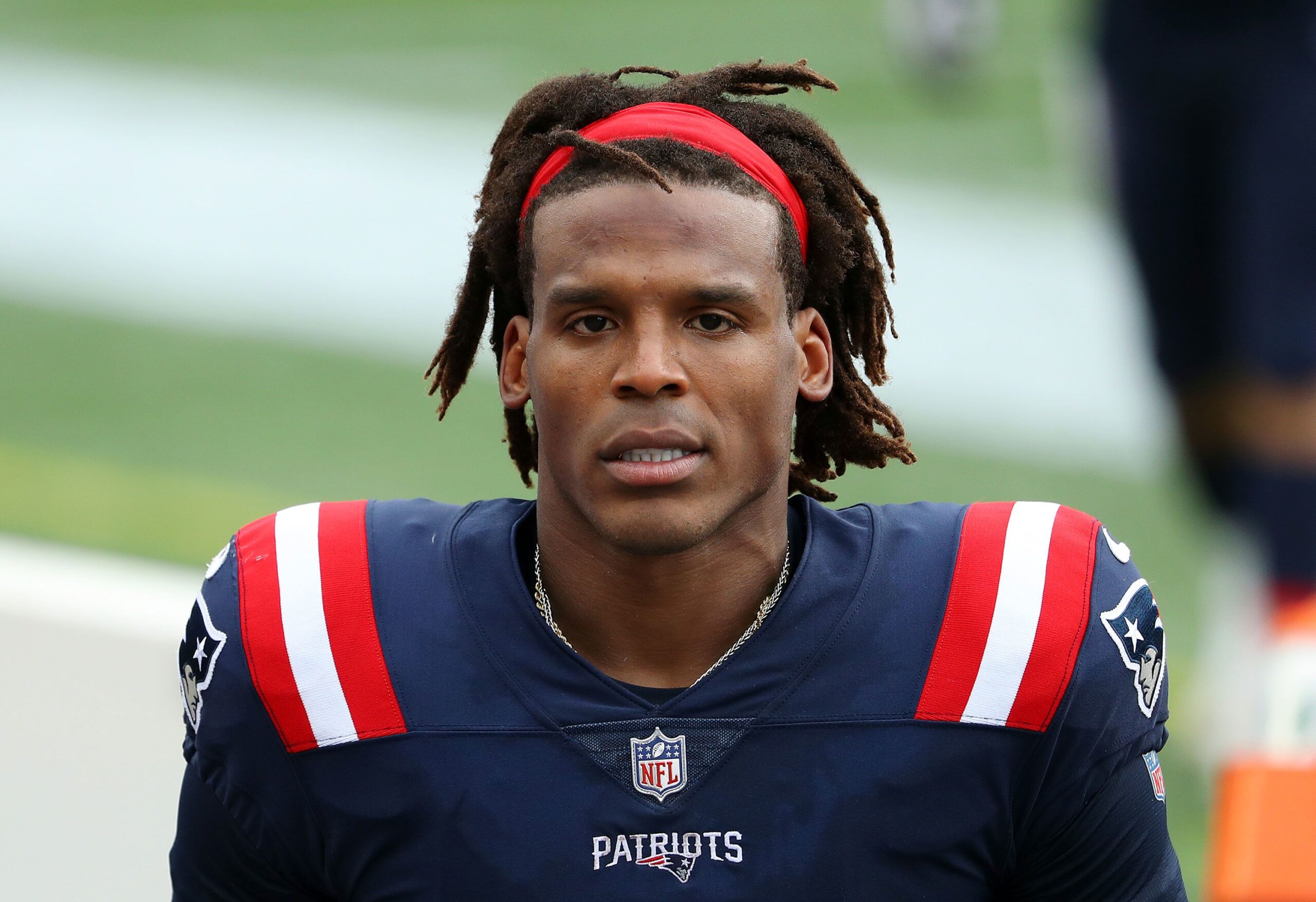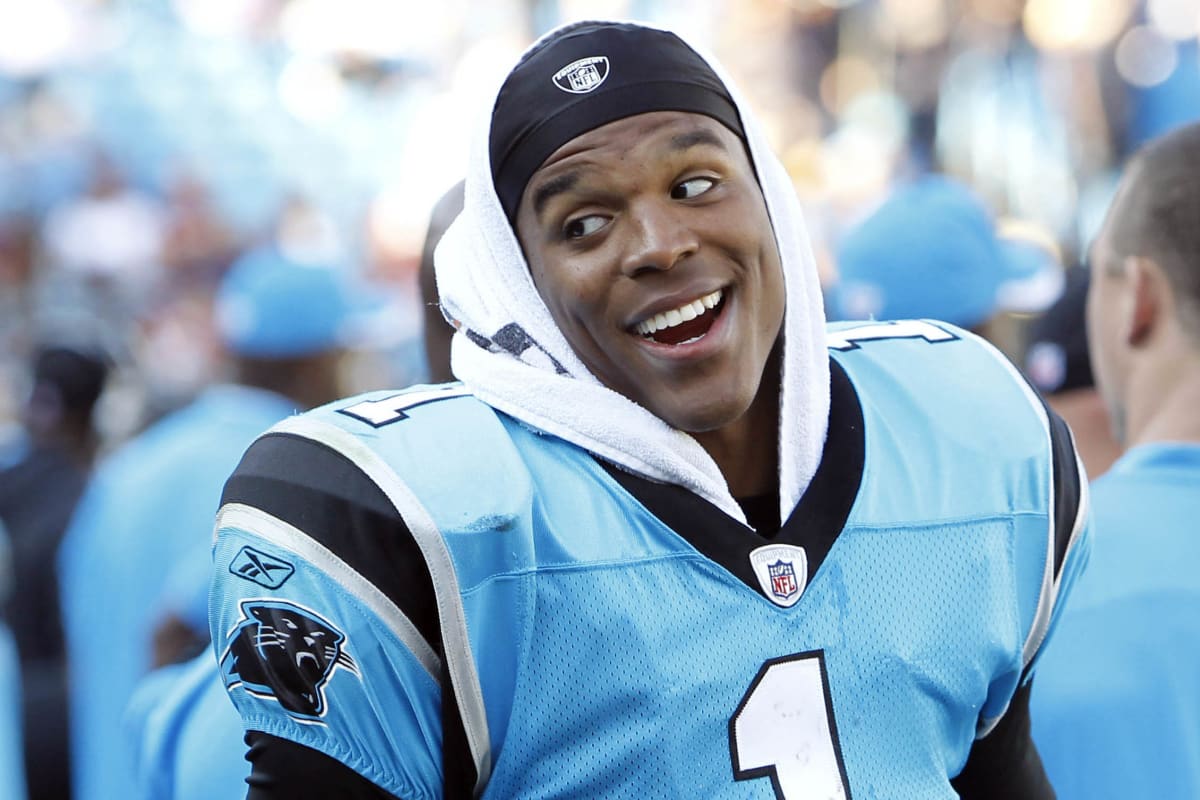The rough and tumble of the NFL often brings its share of adrenaline and awe-inspiring moments, yet it equally harbors a harsh reality of physical tolls, especially concerning concussions. In a recent unfolding within the league, the spotlight has turned to Miami Dolphins quarterback Tua Tagovailoa, who suffered his third concussion in a distressing encounter against the Buffalo Bills during Week 2. Following this, Tagovailoa has been sidelined for at least four games, a situation stirring not just fan and team concern but also the attention of former NFL MVP Cam Newton.

The Dire Warning from Cam Newton
During a candid discussion on his “4th and 1” podcast, Cam Newton did not mince words about the grave risks associated with the sport.
“You could die,”
Newton stated, highlighting the grim possibilities of a season-ending or even a career-ending injury. The gravity of such statements from a former MVP and seasoned player underlines an awareness of the inherent dangers present in football—a sport that each player understands could cost them their health or worse.
Newton, reflecting on Tagovailoa’s condition, emphasized the importance of considering the perspectives and feelings of those closest to him.
“Tua Tagovailoa? He’s injured. Now we have to consider a lot of different things. Not just from Tua’s perspective. What about his wife, his father, his brother, his sister, his friends?”
Newton expressed his personal distress at watching the ongoing risk to players,
“Bro, I don’t wanna keep seeing you like this.”

The Long-term Impact of Concussions
The conversation about player health and safety is far from new, but it has taken on a new urgency with high-profile cases like Tagovailoa’s. The dangers of chronic traumatic encephalopathy (CTE) and other long-term neurological diseases pose a daunting future for players. Newton himself voiced concerns over the unknown long-term side effects of repeated concussions, starkly advising,
“This game is going to hurt you.”
“We don’t know the side effects when you’re 60, or 70 years old,”
said Newton, a thought that resonates deeply considering the younger generations now entering the league. His advice was unequivocal,
“If you ask me what I would do? I would really consider walking away. You play this game to be able to take care of your family.”
Medical Perspectives on Tagovailoa’s Future
Echoing the concerns about repeated injuries, Miami-based neurosurgeon Dr. Evan Packer offered insights into Tagovailoa’s susceptibility to future concussions. In an interview with the Miami Herald, Dr. Packer noted,
“My guess is he’s far more likely to be susceptible to future [concussions]. Every time a concussion occurs, it results in a major neurological outcome.”
He pointed out that even relatively minor hits seem to have a profound impact on Tagovailoa, a concerning sign given the nature of the sport.

While Dr. Packer refrained from commenting on whether Tagovailoa should retire, his analysis adds weight to the argument for considering long-term health over short-term gains in the sport.
A Decision Looms
As of now, neither the Dolphins nor Tagovailoa and his team have provided an update regarding his future in football. This silence looms large over the NFL community and fans alike, as the debate over player safety versus career aspirations continues. The situation with Tagovailoa will likely serve as a critical case study in how the league, teams, and players address the ever-present risk of life-altering injuries in the pursuit of sport.

I am a writer with a passion for technology and gaming. I write about a variety of subjects, including Esports, Games, Shows, and Sports. I create engaging and informative content for Hiptoro.

